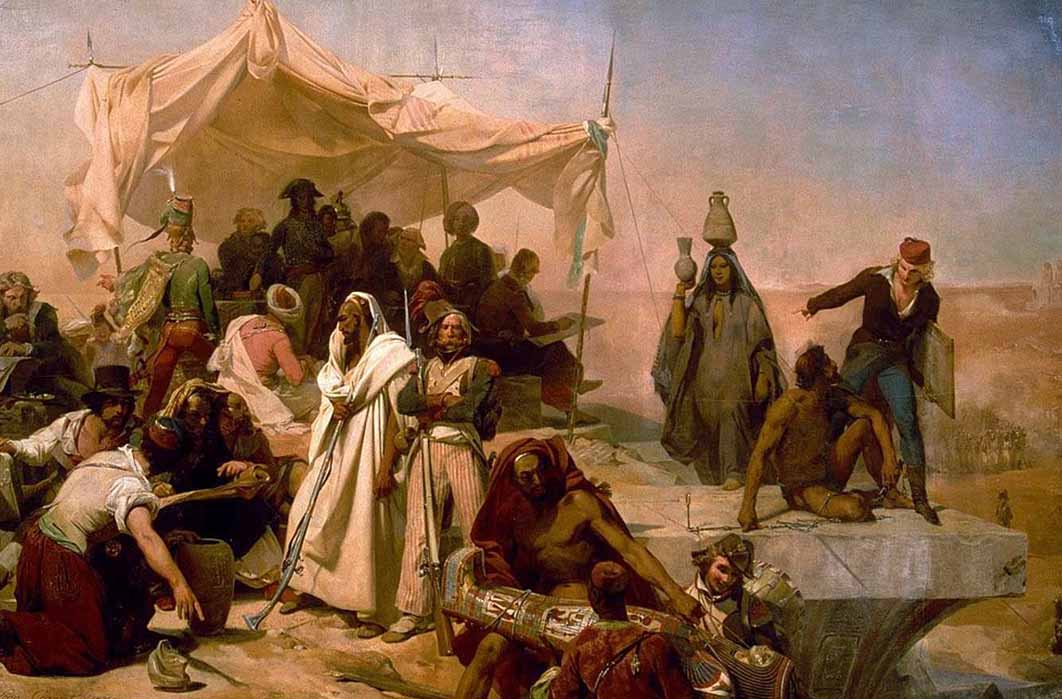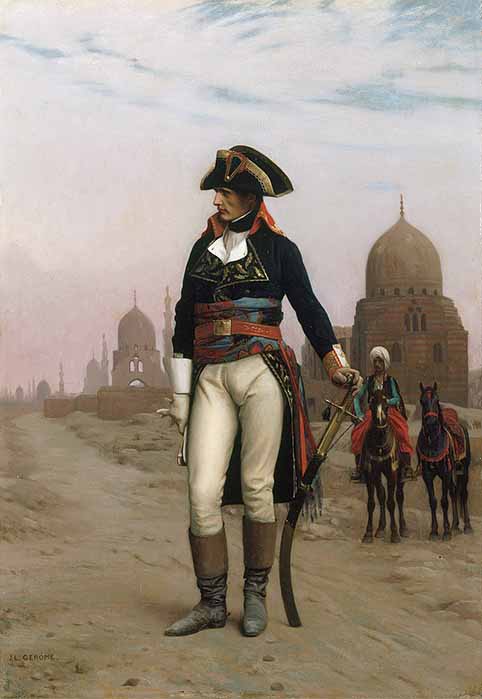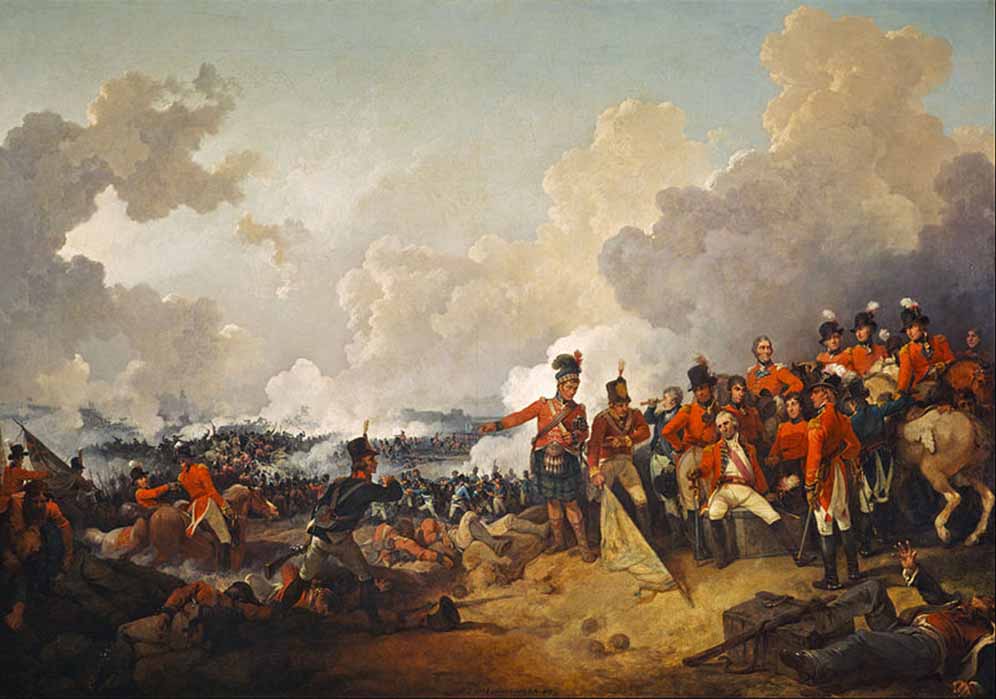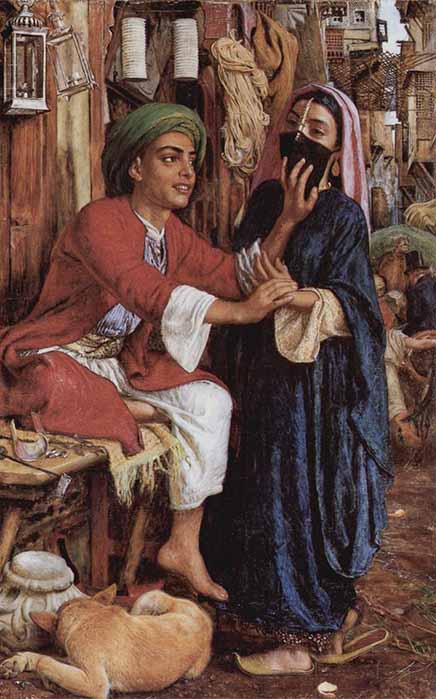
Egyptomania: Multitasking Mummies Of The 19th Century
Napoleon Bonaparte’s 18th-century Campaign in Egypt represented a pivotal moment in the quest for knowledge about the history of the ancient Egypt, by then a forgotten civilization that flourished along the banks of the Nile. It was Napoleon Bonaparte's intention that the expedition should not only have brought prestige to France from a military point of view, but also from a cultural and scientific point of view. The great and ambitious strategist was also a cultured man, and mindful of Alexander the Great's exploits, he had commandeered a large group of intellectuals, technicians and artists to Egypt, with the aim of collecting anthropological, botanical, faunal, historical and archaeological data and to map the Egyptian monuments and territory. There were many tantalizing mysteries of the land of pyramids and pharaohs yet to be revealed. But it was not one of those men who made a discovery that 20 years later would have led to decyphering the secret of the writing of the ancient Egyptians.

Napoleon in Cairo, by Jean-Léon Gérôme, (19th century) Princeton University Art Museum (Public Domain)
On a torrid day in the month of July, 1799, during the repair work on the walls of Fort Julien in the city of Rosetta, on the delta of the Nile, (modern-day Rashid), a soldier, who remains anonymous, under the orders of Captain Pierre Bouchard, found a black stone covered with inscriptions. The stele, a block of granodiorite, showed three different series of engravings: one in Greek, one in demotic and one in hieroglyphic characters. Transported to Alexandria, some classicists began the translation of the section written in Greek, but although they had guessed that the other two sections were the transcription, the ancient writing of the Egyptians remained a mystery until in 1822 when Jean-François Champollion managed to decipher it.

British victory over the French at the Battle of Alexandria in 1801, by Philip James de Loutherbourg (1802) (Public Domain)
Champollion's success further increased the renewed interest in the land of the pharaohs caused by the publication of the Description de l'Égypte (printed 1809 – 1829) – a decree issued by Napoleon on February 6, 1802, establishing that all writings, plans and drawings collated during the Napoleonic expedition to Egypt would be published at the expense of the State. The wondrous Egyptian artifacts arriving from Africa enriched the museums of Europe, as well as the collections of wealthy private individuals, unleashing Egyptomania amongst the public. The Rosetta Stone formed part of the 1801 surrender deal, when British forces defeated the French in the Battle of Alexandria, and over a dozen antiquities were handed over to the British by the French generals. It has remained in the British Museum since.

A Street Scene in Cairo; The Lantern-Maker's Courtship, by William Holman Hunt (1854–61) (Public Domain)
Number One Travel Destination: Egypt
In the 19th century, when spiritualism was very popular and the attraction for exotic cultures unleashed a desire to travel to the countries of North Africa, the Ottoman Empire and the Middle East, those who could not afford a trip to Egypt were put into virtual contact with the ancient civilization of the Nile through literature, music, art, architecture, exhibitions, parties and themed public events. Even the United States of America fell prey to this arcane charm. The unknown did not inspire fear, far from it: it inspired a curiosity for the unusual and the desire to get to know other worlds. Whether it was a question of entering the realms of the otherworldly or the supernatural, or literally to explore distant lands that have been fabled since ancient times, the prospect of adventure overcame any irrational fear, any moral and religious hesitation.




